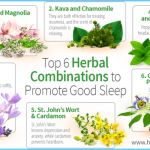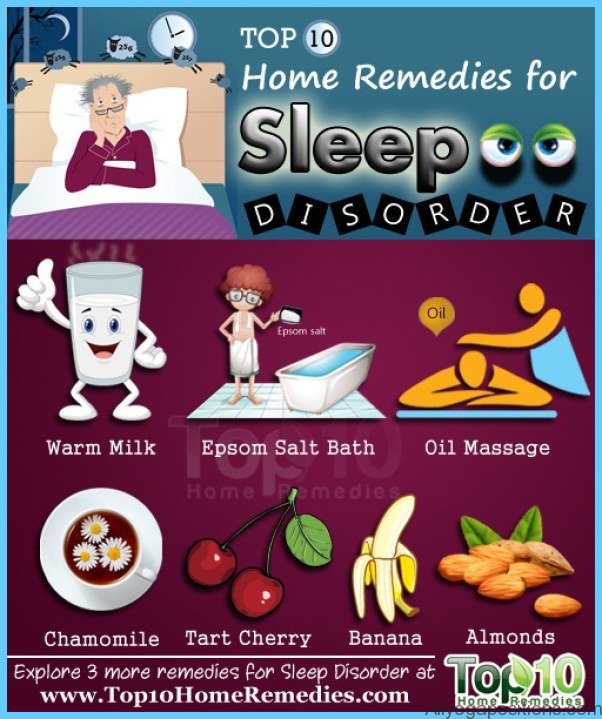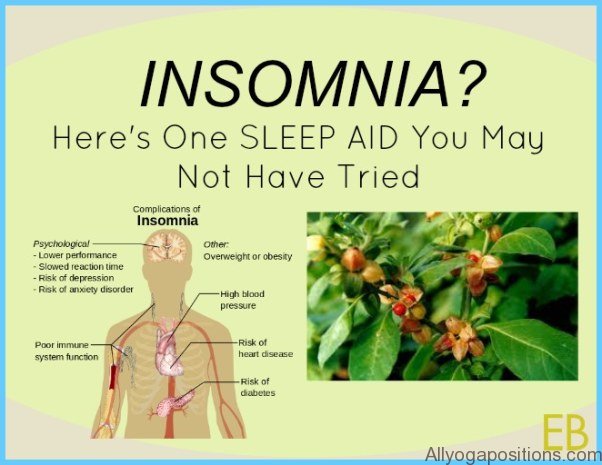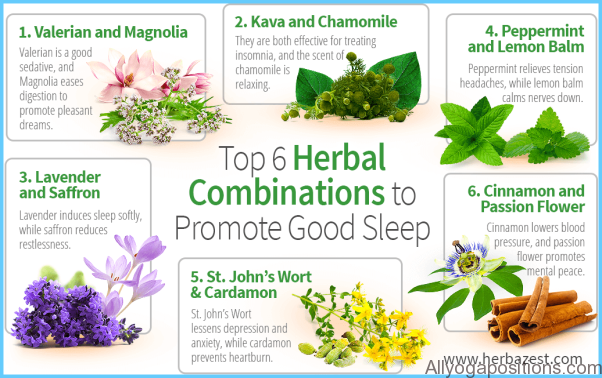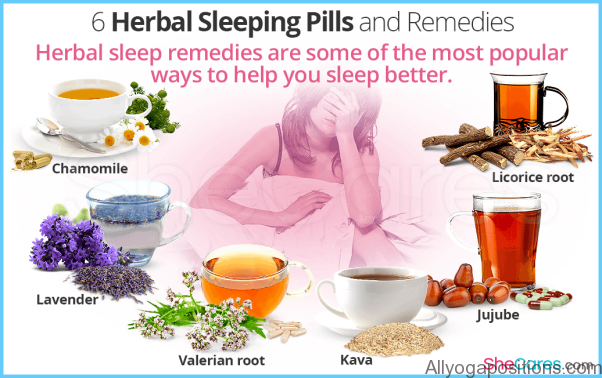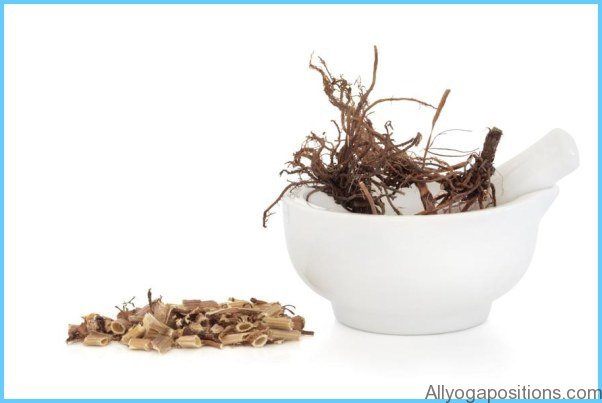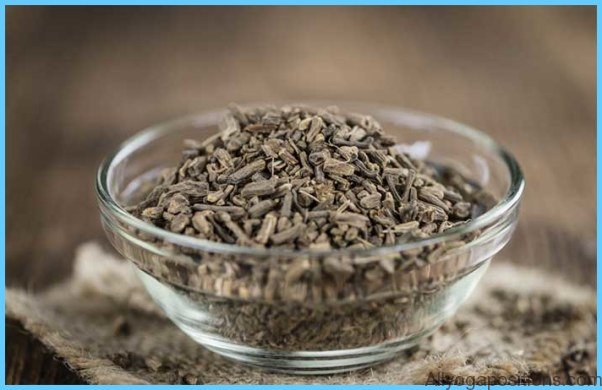This native North American plant acts like a mild sedative on the central nervous system. Studies show that valerian root makes getting to sleep easier and increases deep sleep. Unlike conventional sleeping pills, the herb does not lead to dependence or addiction. Valerian promotes sleep by interacting with certain brain receptors called GABA receptors and benzodiazepine receptors. Compared to drugs like Valium® and Xanax®, valerian binds very weakly to these receptors.
In one double-blind study from Germany, 44 percent of those taking valerian root reported perfect sleep and 89 percent reported improved sleep compared to those taking the placebo pill.4 Another small study found that individuals with mild insomnia who took 450 milligrams of valerian experienced a significant decrease in sleep problems.5 The same researchers studied 128 individuals and found that compared to the placebo, 400 milligrams of valerian produced a significant improvement in sleep quality in people who considered themselves poor sleepers.6
Scientists attribute the herb’s effectiveness to essential oils in the root. To make sure you are getting a sufficient amount of the active ingredient, buy a product that’s been standardized to contain at least 0.5 percent essential oils or 0.8 percent valerenic acid. Take 400 to 900 milligrams in capsule or tablet form, 30 minutes to one hour before bedtime. If you wake up feeling groggy, reduce the dose. Don’t expect results overnight. The herb works better when it’s used over a period of time; it may take two to four weeks to notice an improvement in sleep.
Valerian is not recommended for use during pregnancy or breastfeeding, since it has not been studied in these conditions. Long-term use may result in withdrawal symptoms when the herb is discontinued, similar to those that occur when sleeping pills are discontinued.
The Bottom Line…
Leslie’s recommendations for managing insomnia
1. Cut back your caffeine intake to a daily maximum of no more than 200 milligrams per day. If you’ve done this and you’re still having trouble sleeping, eliminate caffeine completely for two weeks, and see if your sleep and/or your energy level during the day improve.
2. If you drink alcohol and you don’t want to give it up (which I do recommend if you’re experiencing sleep problems), aim for no more than seven drinks a week or one drink a day. To lessen alcohol’s effect on your brain, have your drink with food or a snack.
3. Try a light carbohydrate-rich snack 30 minutes before bed to increase the level of sleep-promoting serotonin in your brain.
4. Make sure you get enough vitamin B12 in your diet. If you can’t get enough B12 through food, or if you don’t produce enough stomach acid for its absorption, take a daily B12 supplement of 500 micrograms.
5. Consider taking 400 to 900 milligrams of valerian root extract. Buy a product that is standardized to contain at least 0.5 percent essential oils or 0.8 percent valerenic acid. Take the herb 30 to 60 minutes before going to bed.
6. Don’t forget to investigate other possible causes of sleep disturbances: a lack of exercise, too much stress or a possible medical problem. If you’ve tried everything you can and you still have fitful sleep, consult your family physician.







